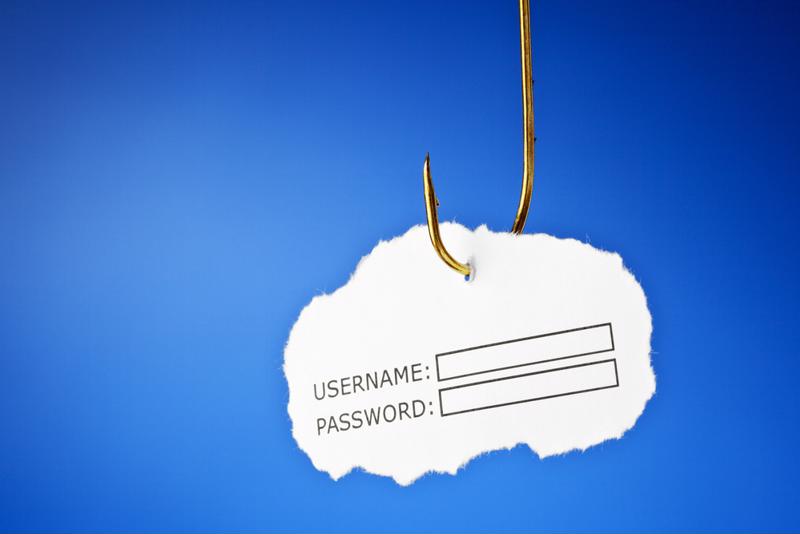A recent cyberattack on a Massachusetts school's database is once again bringing to light the ineffectiveness email shows in terms of cybersecurity. The breach, which saw hackers access the Lawrence Public School's network, originated due to a phishing scam, according to the Eagle-Tribune. This is where cybercriminals send out emails posing as an authoritative figure, hoping to get privileged account credentials that grant access to private databases. This particular scheme enabled the culprits to access information such as phone numbers, addresses and even some Social Security numbers.
Thankfully, the school stated that student information wasn't disclosed in this breach, and while exactly who is to blame for this hasn't been reported, the real focus of this story is how unsafe email communication is. Email cannot be trusted for private communications, and organizations that need to keep certain documents private must consider other options.
Email phishing scams are a numbers game
The problem with email phishing scams is the fact that hackers aren't just relying on a single person to get the private information they want. These criminals send countless emails for each scam, hoping at least one individual will slip up and give them what they're looking for. In fact, numbers from Canada's Get Cyber Safe program help to show just how massive phishing is right now.

The whole scam starts with the initial email that has to be crafted to look exactly like a message from an authority figure – whether it is the manager of your bank or your company's CEO. Once this is done, the email is sent out to an incredibly large amount of people. Get Cyber Safe states that around 156 million phishing emails are sent every single day.
That's quite a large number to begin with, but it's important to remember that most email accounts have a built-in spam filter that stops many of these messages from getting to the intended target. Of the 156 million originally sent, only about 16 million make it through the filters. Of that 16 million, only about half are actually opened by the recipient. After it's all said and done, 80,000 end up falling for the scam.
While that's certainly a tiny percentage of the original 156 million, 80,000 people is still an incredibly large number. This is why phishing scams are so scary. They don't really care about getting information from a single individual. Rather, the hackers behind these schemes are ready to play the numbers game in order to get what they want.
"All it takes is one worker using poor judgment one time."
According to the Radicati Group, the average employee sends and receives about 122 emails every single day. With so many communications going in and out all day, it's easy to see why someone might slip up and click a link they shouldn't have. It's not that employers need to worry about all of their employees falling victim to these schemes, but that all it takes is one worker using poor judgment one time for a massive breach of company information to occur.
FoIP won't fall victim to phishing
For many organizations that require secure modes of communication, fax over IP is quickly becoming the go-to solution. FoIP is considered extremely safe from many different types of cyberattacks, but it's especially useful at keeping employees from falling for phishing schemes. Due to the fact that FoIP and faxing in general aren't easy to spam, phishers tend to avoid it in favor of email. As such, a FoIP system can help keep your communications safe when you need it most.
Enhance enterprise communication, collaboration and compliance efforts with a proven FoIP solution from FaxCore. Contact FaxCore today to learn more about their 'Partly-Cloudy' fax solutions.




